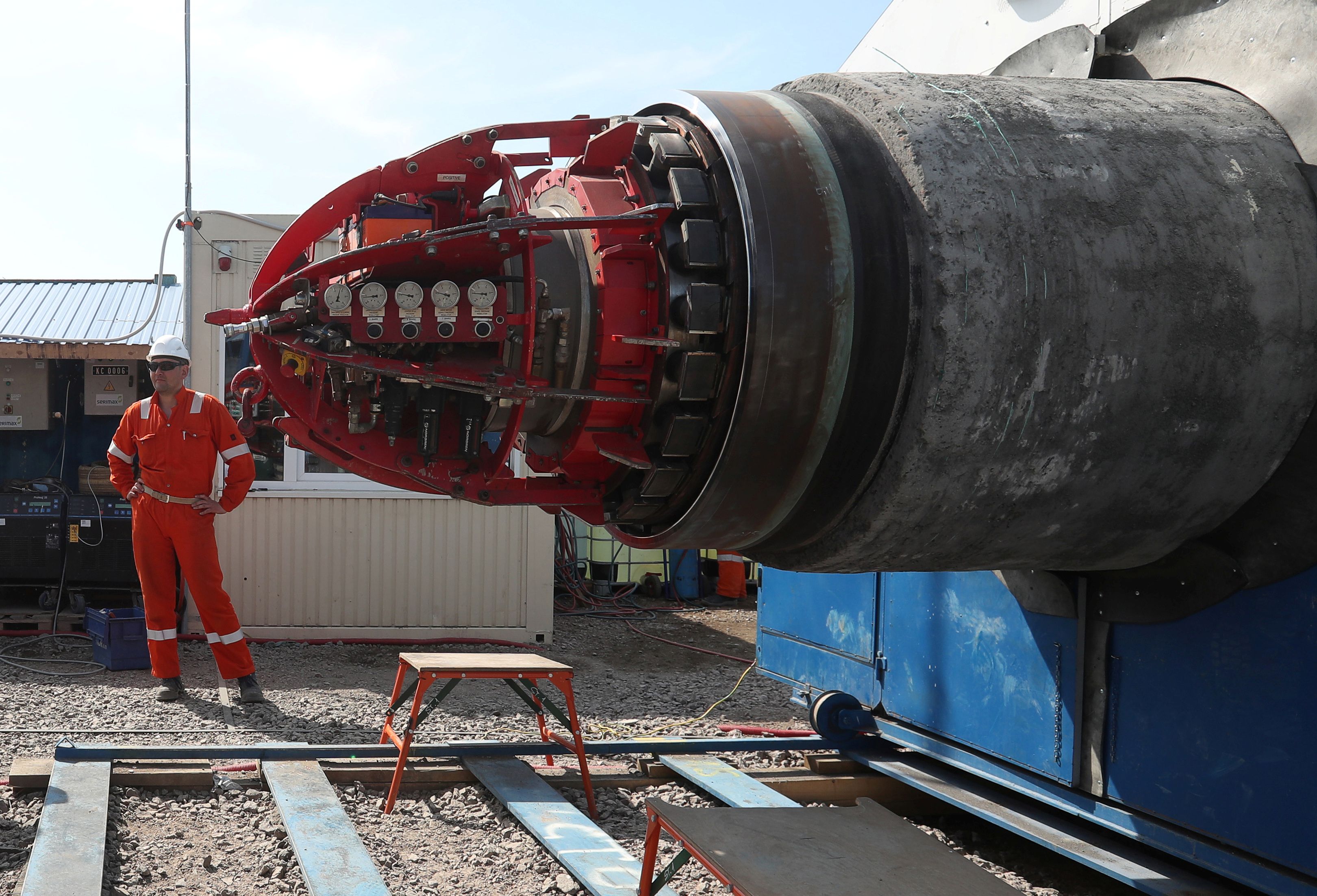The Threat of CAATSA Sanctions on Nord Stream 2

What sanctions laws has the U.S. adopted so far?
To date, the main driving force behind the sanctions has been the U.S. Congress. In 2019, it pushed through legislation that targeted companies involved in NS2 construction and now Congress is working to tighten up these regulations.
The U.S. administration can choose to enforce sanctions (it is not required to do so under the law) on individuals or entities involved in the construction of Russian export pipelines as of the enactment of the CAATSA legislation, adopted in 2017. The administration has been harsh in its criticism of NS2 but refrained from taking strong steps against it in order to not worsen relations with American allies (e.g., with Germany, Austria, France, the UK, and the Netherlands, whose companies invested in it); CAATSA expressly provides that the U.S. will coordinate possible sanctions with its allies. The change in public guidance is a signal that the U.S. is ready to impose the sanctions, even if some allies are against them.
What entities might be targeted and what sanctions might be imposed?
Before the change in guidance, the sanctions could be imposed on entities or individuals related to investment and loan agreements made on or after 2 August 2017 that support the construction of Russian export pipelines (NS2-related agreements were rushed to beat the deadline). Now, sanctions might be imposed on entities or individuals who continue to cooperate on the project, even if the agreement was made before that date. This includes selling or leasing of goods or providing services, information, or support valued at $1 million or more (or $5 million or more over a 12-month period). This “support” includes maintenance, repair, etc. The sanctions included in CAATSA might in practice result in being cut off from the U.S. financial system—a risk that many cannot take, whether an individual person or company involved in international business.
What does it mean for Nord Stream 2?
The U.S. move might make it more difficult for Russia to find contractors for NS2 construction. However, it most likely will not change Russia’s calculations: after Congress started work on the sanctions legislation last year, the Russians already faced limited options for cooperation with foreign partners, and therefore they have been trying to complete NS2 alone. One aim was an application to the Danish Energy Agency to amend the permission for NS2 construction. At the beginning of July, it allowed use of vessels that use anchors for the works, which in practice means that Russian pipelaying vessels can be involved in the construction.
How will the U.S. move impact trans-Atlantic relations?
This sharpening of course reflects the negative U.S. stance on NS2, but its position is controversial in some EU/NATO countries, including Germany (and has been also criticized by EU High Representative Josep Borrell. In some countries, there are stronger calls for European initiatives to protect EU companies but there almost certainly will not be unanimity in this matter within the EU. The proposals for countermeasures include greater use of the euro currency in international transactions and protecting companies targeted by the sanctions. On the other hand, U.S. Secretary of State Mike Pompeo announced that he will discuss the NS2 issue during his trip to Denmark and the UK next week, though it should be viewed as a further demonstration of the determination to counter NS2.
What do the possible U.S. sanctions mean for Poland?
The initiative meets Poland’s expectations of stronger U.S. action against NS2. It is in the country’s interest to emphasize that the U.S. is reacting to Russia’s aggressive policy, for example, in its actions against Ukraine and NATO countries, and that the Russian pipeline impacts European energy solidarity.
On the other hand, the broader consequences of the U.S. action might pose a challenge for Poland as it means there will be more effort by some EU countries to counter the sanctions. In opposing such countermeasures in the NS2 case, Poland can emphasize that its position does not mean unconditional support for broader U.S. sanctions policy in every case, for example, when it comes to targeting individuals involved in the work of the International Criminal Court.


